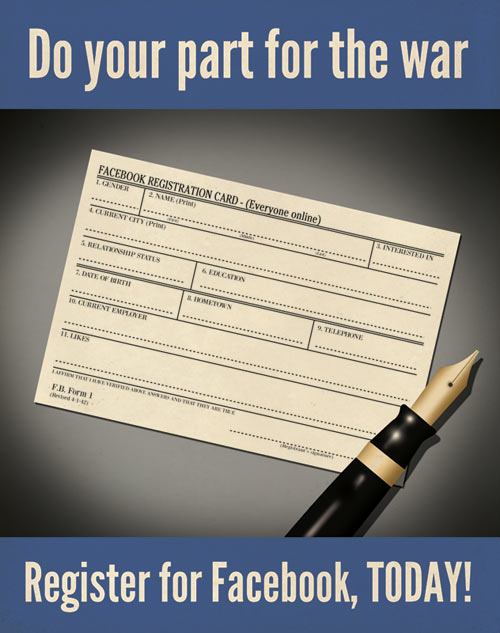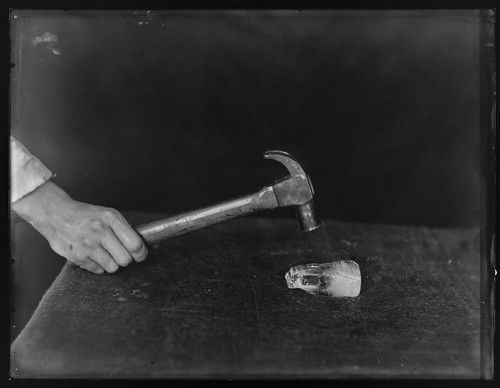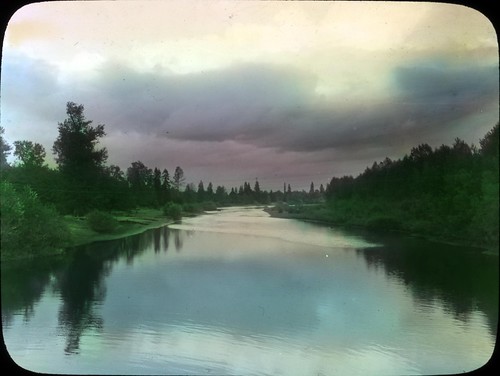An
interesting study was recently published by Oregon's DEQ (Department of Environmental Quality).
The inventory demonstrates that higher levels of harmful emissions and pollutants are produced by the buying habits of Oregonians than by our driving or other transit choices.
In the words of Jonathan Maus over at
Bike Portland, this shows that what "we buy emits more greenhouse gases than what we do."
The implications of this study (the first of its kind) are wide ranging. Theoretically, the data shows that a shut-in who compulsively buys stuff on Amazon potentially has a worse effect on environmental quality than a daily car commuter. Practically speaking, it should put our buying habits in a sobering perspective.
This study provides helpful nuance to our current thinking on consumption, environmental stewardship, and lifestyle. It shows unequivocally that our production practices carry profound cumulative harm for both global health and local communities that produce the things we buy. It's a compelling reason to produce and purchase locally made, grown, and crafted goods.
The wrong response to this study is to say that "what I drive doesn't matter then." False. Those of us interested in stewarding our communities and land need to continue to advocate for wise production practices in
addition to savvy transit choices. Fundamentally, this requires simplification of our consumer lifestyle, local involvement and careful attention to the difficult wheres and whats of buying.
Buy to live where you work. Work to buy where you live. You may be surprised at the impact that your household's choices can have on creating a vibrant local economy and a healthy region. It's worth the investment.
Oregon's study is helpful in framing the discussion. It is also sobering in its implications. In the end, will you and I choose to change the way we view possessions, transportation, and consumption?
I hope that we will.
(Via Bike Portland)
Photo Credit








